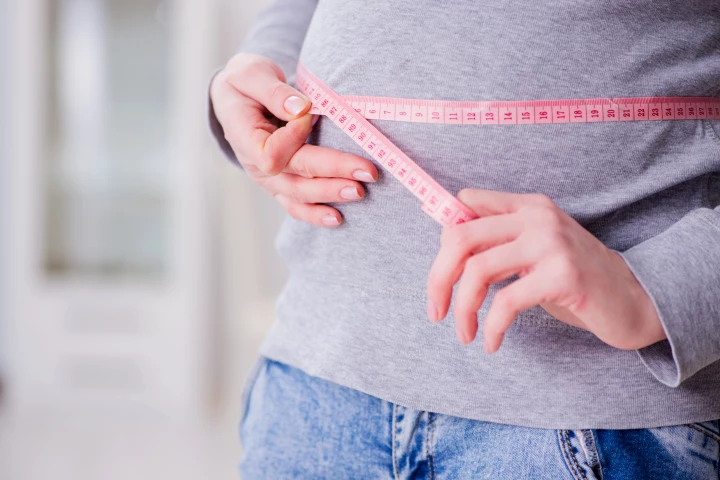University of Pennsylvania
-
Almost 25 years since scientists first identified a difference in anesthetic sensitivity in males and females, a new study reveals how sex hormones make men more responsive to going and staying under. Yet dosage is still decided on by a patient's size.
-
A study has found that treatment with a ‘chemical chaperone’ reduced the accumulation of protein plaques and restored cognitive functioning in mouse models of Alzheimer’s, which could lead to novel treatments to help treat the debilitating disease.
-
For the first time, scientists have identified how going to bed stressed fires up certain brain cells at the wrong time in the sleep cycle to significantly interrupt it – and that suppressing this activity can ensure 'business as usual' slumber.
-
A study has uncovered how the commonly used local anesthetic drug lidocaine exerts an anti-cancer effect in head and neck cancers. Given its low cost and ready availability, the drug could easily be incorporated into treatment.
-
A new computer-trained scent model has done better than humans at identifying odors. In analyzing 500,000 potential odor molecules that had never before been synthesized, it also handily did work that would take 70 person-years to complete.
-
While completing an important task with other distraction such as TV can seem like it’s a battle of willpower, scientists have discovered how it's not you but your brain that keeps you on the right track. Or at least it tries to.
-
Memory is commonly affected following a traumatic brain injury. A new study has found that AI-guided electrical brain stimulation in people with moderate-to-severe traumatic brain injury may successfully treat their memory loss.
-
It's cheap, easy to transport, effective and non-invasive. Scientists have had their eye on genetically modified lettuce for insulin delivery for a while now (we're as surprised as you are), but it's one step closer after this promising animal trial.
-
Researchers have just found a bacteria that forms superstructures when it gets caught in sticky traps made by other bacteria, helping it erode enamel and form cavities. The finding could lead to new ways to keep our teeth clear of the invaders.
-
Bad news, there's no magic pill for weight loss just yet. The good news? Scientists have uncovered the workings of a protein that triggers calorie burning in brown fat, and they believe it gets us one step closer to being able to 'switch on' fat loss.
-
Researchers have developed a highly efficient new gene-editing method that uses virus-based protein fragments. The method could be used to level up existing cell and gene therapies used to treat cancer and other diseases.
-
Scientists have identified the role an enzyme, crucial to the body’s metabolism, plays in the development of kidney disease, opening the door to new methods of prevention and treatment of this increasingly prevalent condition.
Load More











